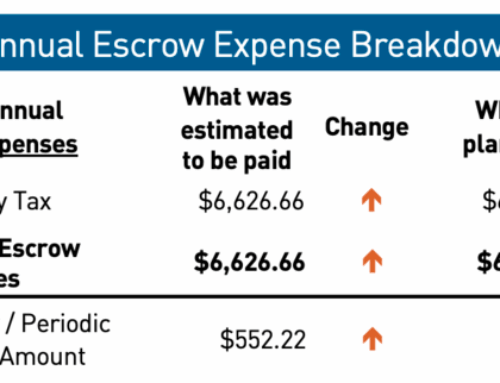Bloomberg
JPMorganChase upped its 2025 guidance for net interest income, after delivering stronger-than-expected performance across most business lines in the second quarter.
The $4.6 trillion-asset bank announced Tuesday that it expected to see $92 billion in net interest income for the year, excluding markets, an increase from its previous $90 billion forecast.
JPMorgan logged $15 billion in second-quarter net income, handily beating analyst estimates. The bank reeled in $5.23 in diluted earnings per share, above the consensus analyst estimates of $4.49 per share.
Results at America’s largest bank were boosted, in part, due to a $774 million income tax benefit, but even excluding that boon, the bank’s quarterly bottom line topped projections at $14.2 billion.
Chairman and CEO Jamie Dimon said in a prepared statement that the tax cuts that President Donald Trump recently signed into law, and potential deregulation, are “positive for the economic outlook.”
“The U.S. economy remained resilient in the quarter,” Dimon said. “However, significant risks persist – including from tariffs and trade uncertainty, worsening geopolitical conditions, high fiscal deficits and elevated asset prices.”
The tax cuts that Trump recently signed into law are expected to increase the national debt by at least $3 trillion, though the exact impact is uncertain.
Capital regulations for banks may ease up
After years of lambasting capital requirements and federal regulators’ rulemaking processes, Dimon has started to get his wish for deregulation.
“I believe you can have a safer system, lend more money, have more liquidity, eliminate bank runs, eliminate what happened to First Republic and Silicon Valley,” Dimon said when announcing the bank’s first-quarter earnings. “And you could accomplish all of that with completely rational and thoughtful regulations.”
The Federal Reserve Board, the Office of the Comptroller of the Currency and the Federal Deposit Insurance Corp. have started to pull back on some regulation. Last month, the agencies jointly proposed to shift a major component of banks’ capital minimums called the enhanced supplementary leverage ratio.
Read more on JPMorganChase: JPMorganChase | American Banker
JPMorgan has long maintained that it would continue to hold excess capital, but has started signaling that it’s ready to begin deploying some of the cushion it’s built in recent years.
After big banks sailed through the Fed’s annual stress test a few weeks ago, JPMorgan announced a dividend increase and a new $50 billion share buyback plan. Dimon also used the results to call for changes in how the agency assesses banks’ so-called stress capital buffers.
“We look forward to future proposals from the Federal Reserve on stress test models and scenarios that will increase transparency and address longstanding issues with the current SCB framework,” Dimon said in a statement.
In the second quarter, the bank decreased its Common Equity Tier 1 ratio to 15%, down from 15.4% in the prior quarter, and repurchased $7 billion of common stock.
Investment banking surprises with growth
Despite previously predicting that investment banking fees would fall, the bank saw those fees increase 7% year over year, and 12% from the prior quarter, due to debt underwriting and advisory business.
Dimon said in his Tuesday statement that investment banking activity “started slow but gained momentum as market sentiment improved.”
JPMorgan executives, including Dimon, had been vocal about the uncertainty the Trump administration’s trade policies threw into the market. In May, the bank projected that second-quarter investment banking fees would be down by a mid-teens percentage from the prior year.
Corporate and commercial clients had been tapping the brakes on dealmaking, marking a flip from optimism earlier in the year that M&A activity would rebound after a tepid period following the rapid rise of interest rates.
Dimon said in a Tuesday morning statement that the bank “supported clients as they navigated volatile market conditions at the beginning of the quarter.”
Volatility in the market has fueled trading business, and markets revenue was up 15% year over year, in line with JPMorgan’s forecast of a mid- to high-single-digit increase.
Dimon added at the bank’s investor day in May that the bank had lost some international business due to the trade war, as some foreign clients chose to switch to Canadian or European banks in the wake of American tariff policies.

